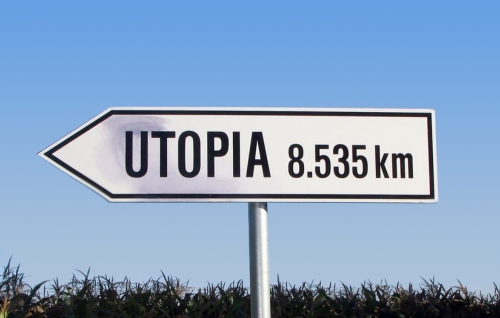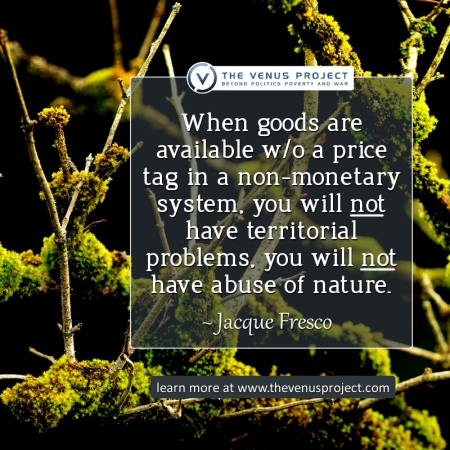
By Enrique Lescure
Introduction
Yesterday, I frequented a climate event in Umea, and had the privilege to watch This Changes Everything, of course streamed from a computer to a cinema screen. All those watching the improvised movie theatre left with sense of optimism and feel-good hope in their bellies.
All except one.
Sometimes, there can be a refreshment in bluntness. So, I would put forth my points in a very rash and frisky manner. I think ‘This Changes Everything’ is basically just stating what documentaries on the subject of Global Warming have been stating for the last twenty or so years.
Technically speaking, it is probably one of the best documentaries on the subject as of yet, filmed with HD cameras and tying together the issues of global warming with the de-facto disenfranchisement of local communities.
Still, I do believe that documentaries like these can do more harm than good, especially as Naomi Klein, one of the two producers and the author of the same book, have failed in defining the real problem with contemporary Capitalism.
Therefore, this entry, rather than being a whole review of the film, will focus on the issue of Naomi Klein’s background and how it can have influenced the film.
No Logo

Naomi Klein, a journalist and author from Canada, became well-known within the Alt-Globalization Movement of the 1990’s, as a critic of the type of economic globalization which went into a new phase during that decade.
In her breakthrough book, No Logo, she made an ardent work visualising how multinational corporations are exploiting the absence of worker’s rights in third world nations, and how logotypes have turned into mythical symbols within advertisement.
Naomi Klein is highly critical of the economic school of monetarism – most often referred to as “neo-liberalism” by its critics – and generally is positively inclined towards protest movements against austerity, natural resources exploitation and anti-war sentiments.
All this is highly evident in “This Changes Everything”, and if you have read Klein before watching the film, you can be able to predict everything in it. That is not where my critique against Klein lies.
Klein’s thesis and solution

Klein’s thesis in ‘This Changes Everything‘ is that the Scientific Revolution of the 17th century created a culture where we view nature as a resource to be exploited and the Earth as a “machine” that we have the power over and can manipulate as we want. This is also the reason behind for example the addiction to growth.
According to Klein, growth addiction is an example of a political choice that is ideologically structured and follows the principles of Capitalism, which in itself flows from the Scientific Revolution. As a conflicting principle, Klein presents the aboriginal principle of ‘the Earth as a nurturing mother’ and the principles of democratic sovereignty (hailing back to the populistic practices of Gaius Gracchus).
While not directly mentioned, it is indicated that the Scientific Revolution and Capitalism are masculine principles, while Nature worship and Democracy are feminine principles. For example, most of the proponents for democratic activist movements interviewed in the film are female, while most proponents for the exploitative forces that are interviewed are males.
Klein’s solution to the current problem is that the free market has caused these problems, and the solution should be to increase government interventionism and regulate the market more. Since the governments (according to Klein) do not desire to follow such policies, activist movements would have to protest and stop mining projects and then move on towards advocating public investments in green technology – solar panels and windmills everywhere.
Essentially, the solution is that people should protest to roll back deregulation to the 1970’s, while deepening democracy.
Klein is essentially right, or rather moving in the right direction in her critique of the current system. But her solutions are essentially flawed and (I would claim) build on several misunderstandings and ignorance.
The flaws of Klein’s solutions

Naomi Klein makes three basic misunderstandings about the reality of the system we are living in, either because she herself has not studied these issues or because she deliberately omits to tell certain things which are essential to know if we truly want to change the system.
The first misunderstanding lies in the nature of the environmental crisis.
Klein focuses very much on climate change, but climate change is only one of five serious environmental challenges that are causing the current mass extinction as I write these words. The oceanic crisis, the soil crisis, the freshwater crisis and the biodiversity crisis are as serious for the well-being of life on Earth. Green energy won’t solve these problems, and emphasising this issue will block out public understanding of the other issues. I believe it is essential to see antropogenic climate change as a part of a wider environmental crisis caused by the current system.
The second misunderstanding lies in Klein’s understanding of free markets contra government intervention.
It seems that Klein has a very binary view on the system, which can be understood as ‘government intervention good’, ‘markets bad’. What that fails to account for is that both governments and private businesses operate as economic actors with the goal of creating economic growth. Keynesian economics have nearly exactly the same goals as monetarist economics, namely the stabilization of the growth curve to ensure stability for investors and economic growth. Keynesians want to focus on low unemployment, while monetarists see inflation as the main threat to the well-being of an economy. To a large extent, deregulation has been caused as much by technological development as by political choices – in an evolutionary process within Capitalism itself.
The third, and most serious misunderstanding, is the idea that economic growth primarily is an ideological choice, and that by consuming smarter and changing the ruling ideology from Liberalism to Green Social Democracy, we will have started to save the Earth.
The core of this lies in that Klein omits to put focus on the nature of money within the framework of modern Capitalism. Ultimately, money today is Debt. Within the banking system, banks only need to keep a part of the money of their clients as deposits, and can loan out the rest – as illustrated by the image above. This means that from an original deposit of $1000, the bank can create an additional amount of money several times larger than the original $1000.
These loans from the bank have to be repaid with interest. Since both the loans and the interest is created from capital that doesn’t currently exist, this demands that the capital is created. And most of that capital is created from turning parts of the Earth into utilities for the market. This means that the current system both demands a constant growth rate and the continued transformation of the biosphere into linear production units to satisfy the demand for exponential growth as seen in these oil palm plantations in Sumatra.

For a more comprehensive description, see this entry.
Summary
I hold no doubt that Naomi Klein truly believes that the current situation represents a mortal threat, but I suspect that she also is emotionally invested for other reasons in moving away from monetarism towards neo-keynesianism.
The problem is of course that neither of these two systems are able to solve the current ecological crisis.
Now it is possible to claim that different documentaries should focus on different issues, and that nobody can focus on everything, but by many small groups focusing on different issues, we will together solve the problem and making the world a better place.
The problem is of course that ‘This Changes Everything‘ is claiming to present the path-way to solve the entire problem of climate change, by connecting it to economic growth and questioning its ideological foundations. The thing is, economic growth is not an ideological choice, but a survival imperative for the current system.
Therefore, no matter if it is monetaristic neo-liberalism or green social democracy, the system demands the repayment of debt, and in order to repay the debt more resources would have to be transformed to utilities. If the shark doesn’t swim, it drowns.

Omitting the ‘shark in the bath-tub’ is a disservice, since it doesn’t correctly informs activists about the true nature of the socio-economic system and keeps them preoccupied with trails of thought that only move around in circles.
I am truly impressed by the engagement of First Nations activists who protest against the tar sands in Canada. I also share Naomi Klein’s sentiments that the reason for our destruction does not lie in human nature. Yet, I think that any failure to mention the problems with fractional reserve banking is going to hurt all those people ultimately, since even if they achieve their political objectives, they won’t be able to change the system if they don’t understand it.























































